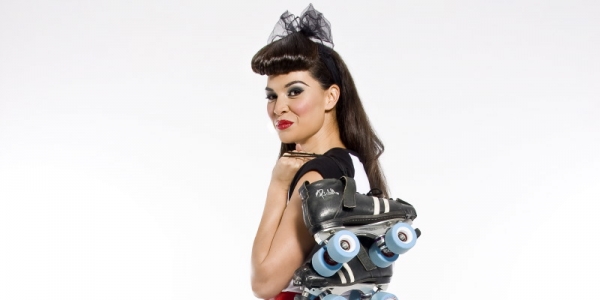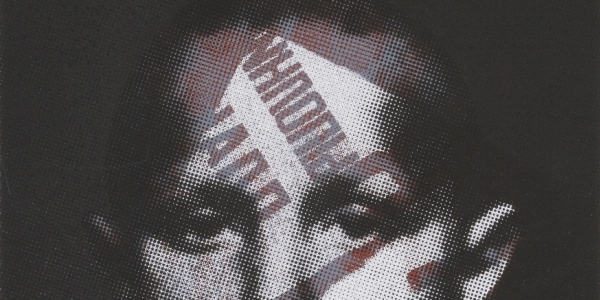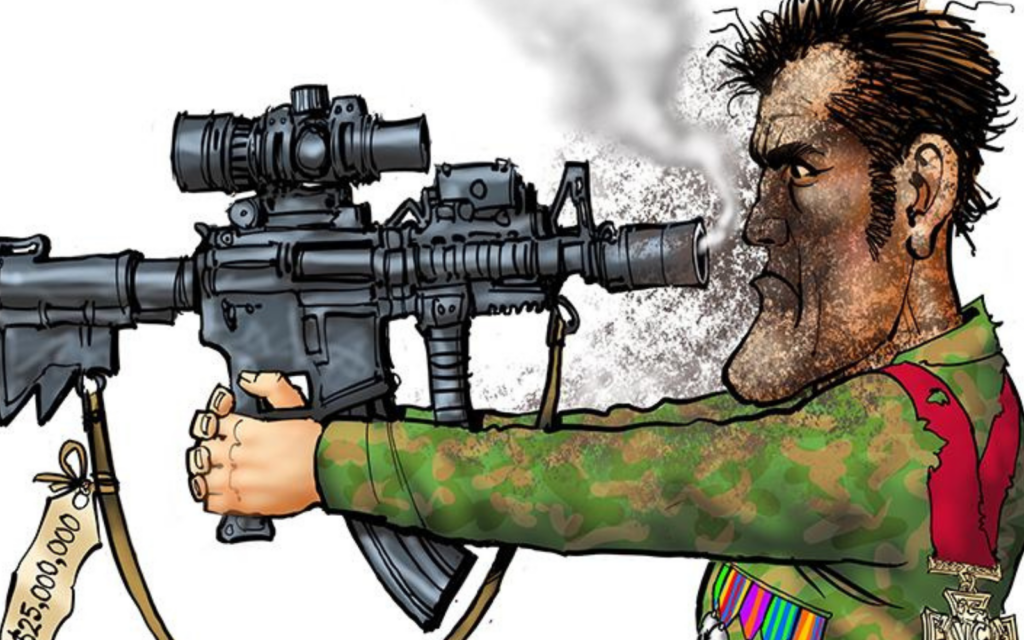According to Daniel Hayward, the recent director of This Is Roller Derby, the sport – or theatre, depending on who you ask – “doesn’t attract just a certain sort of person. It attracts anyone and everyone.” Clearly Hayward was including himself in this statement.
While the filmmaker didn’t sign up to become a Derby Girl in one of the 68 leagues that have rolled out in Australia since Adelaide started in 2007, he immersed himself in the derby phenomenon in a more analytical manner.
“The thing that attracted me to it other than loving the sport and the spectacle of it was how new it was. You could tell it was going to get bigger and more popular as soon as people started to hear about it and see it so I thought it was really important to start documenting it while it was really grassrootsy.”
So in 2009, the two-man-team of Hayward and cameraman David Hawkins went to Texas to trace the origins of the unique phenomenon. In Dallas, they picked up some history, contacts and a voiceover girl (April Ritzenthaler), and then headed back to the little Victorian town of Ballarat.
“The Adelaide League already had a year and a season under their belt. They were at where we ultimately wanted to finish with Ballarat. So it was juxtaposing those two leagues to see a smaller league building up and then see this bigger league where they’re at and where they’re headed as well.”
A few years later the final product emerged as a respectful, fly-on-the-wall narrative about the trials and tribulations of the Ballarat newbies. Occasionally, Hayward throws back to the colourful and established leagues in Texas, offering a view of fast-paced bouts (that’s what the games are called) where sweaty, tattooed women in fishnet stockings slam against each other to country-punk tunes. As one of the characters in the doco puts it: “It’s girls in short skirts knocking each other over.”
But there’s more to it than that. Derby isn’t just a sport – it’s fast becoming a sub-culture; a rockabilly lifestyle in which each derby girl has her own alias. Among these are Cheery Chains, Grimy Knickers, Rolla Junky, Skate Bush, Kissy Suzuki and Barrelhouse Betty. They’re tough, pierced and feminist. There’s an attitude to roller derby that Hayward compares to bikie gangs, carrying around their ideology, always displaying their colours and logos.
“A couple of the girls did joke that it was kinda like a mini mafia”, Hayward says.
“We heard of a couple of occasions in America where there were skaters who had gotten divorced or moved interstate to play derby so there were these extreme examples of women who are like: either stay married or play derby.” The discarded husbands have even coined a term for this state-of-affairs. They’ve become Derby Widows.
There are other terms too – like that of Derby Wives – girls who have Derby Weddings to others in their league so they can have each other’s backs.
The richness of subject matter is what distinguishes This Is Roller Derby from a sports documentary – in fact, the two aren’t even in the same league.
“I didn’t want to just make a film which had a shitload of skating in it. I wanted it to be fun, a good time to watch. It was really about getting to know the women and their motivations and reasons for wanting to do the sport and then seeing on a day to day level some of the crap that they had to go through,” says Hayward.
Hayward’s initial foray into the movie world was with the award-winning Troy – an 8-minute film he made as a student about the tragically beautiful life of an eccentric Troy Davies. Hayward is drawn to interesting characters: “Not that Troy is anything like a Derby girl or a Derby Girl is anything like Troy but there’s so much to look at with each of those characters.” This is Roller Derby is his first feature length film.
BY SASHA PETROVA







